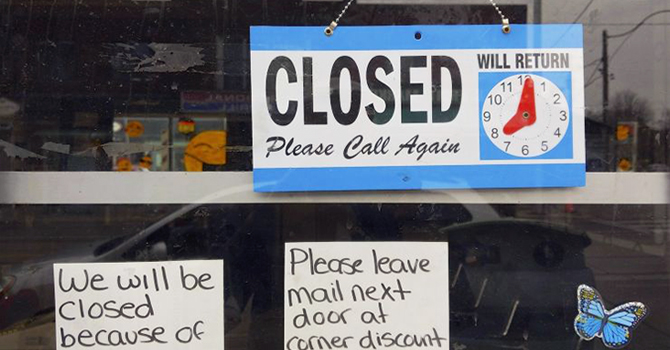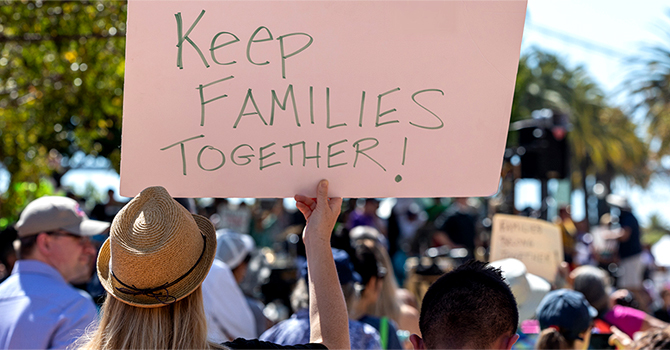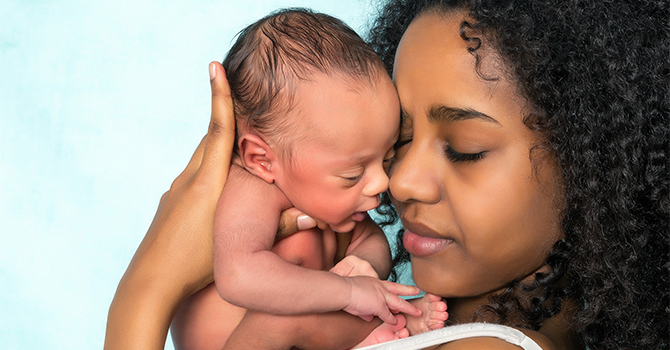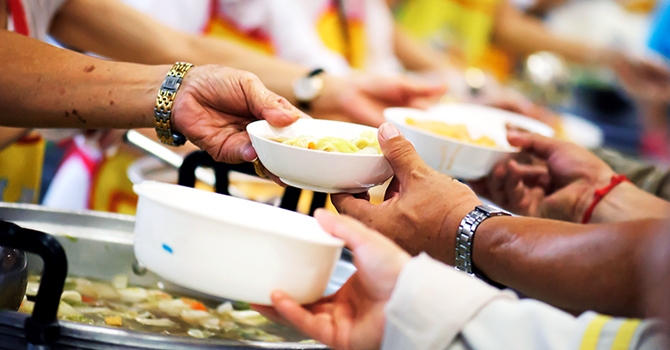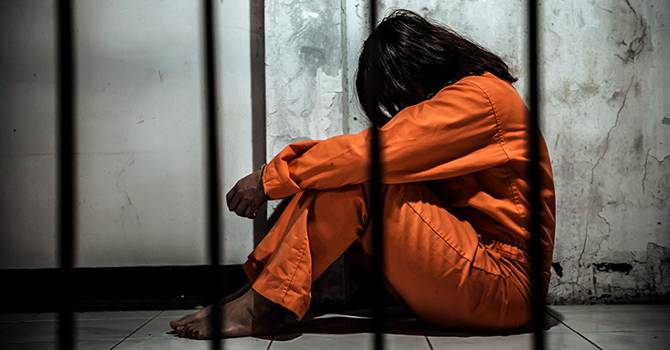
Caring for Our Caregivers: The Unrecognized and Undervalued Family Caregiver
Minakshi Raj, PhD ’20
For years we have known that the US does not have a sufficient health care workforce to provide adequate health care for older adults. The current pandemic makes the situation all the more pressing. Now is the time to revisit and revise our policies and practices to reduce the burden of suffering for older Americans and their caregivers.

